Poland has been one of Ukraine’s main European supporters since the conflict with Russia erupted into military action more than two years ago. But relations between Warsaw and Kiev have become increasingly strained over a trade dispute in recent months.
In an effort to appease its close neighbor, Kiev has signaled it is ready to accept EU trade restrictions on Ukrainian agricultural products, while also calling for a bloc-wide import ban on Russian grain.
In a commentary published in the Financial Times on March 6, Ukraine's Deputy Economy Minister and Trade Representative Taras Kachka said his country supported new measures proposed by Brussels to impose import limits on eggs, poultry and sugar from June, and allow individual countries to close their markets to Ukrainian grain, except for transit to other countries.
“Perhaps during a transition period this managed approach to trade flows between Ukraine and the EU is what we all need,” said Mr Kachka.
Since Russia invaded Ukraine in late February 2022, the EU has shown solidarity with the Eastern European country by cutting agricultural tariffs on products from Ukraine, one of the world’s leading grain exporters. As a result, Ukrainian agricultural products have flooded Poland and other neighboring markets, causing domestic prices to plummet.
In protest, Polish farmers and truck drivers held demonstrations in many parts of the country and many places bordering Ukraine, blocking several checkpoints.
“I don’t think there is any significant conflict of views or interests between the Polish government and the protesting farmers. Certainly not in the case of unrestricted Ukrainian agricultural exports,” Polish Prime Minister Donald Tusk said in February.
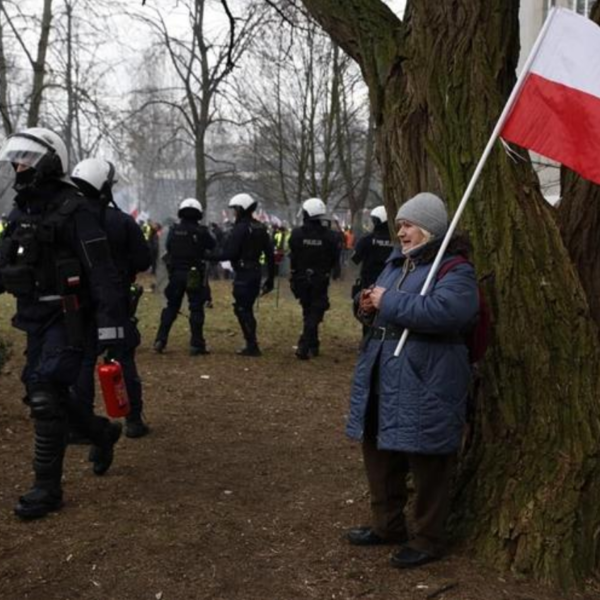
Polish farmers block a main road with tractors during a protest in Lomianki, near Warsaw, Poland, March 6, 2024. Photo: AP/Canadian Press
To find a way out of the current situation, Ukraine has made concessions, ready to follow the EU's "rules of the game" because Kiev wants to maintain good relations with one of its largest military backers in Europe.
In exchange for accepting the restrictions, Ukraine only asked the EU to impose sanctions on Russian agricultural products that are still flowing into the bloc via Belarus and the Baltic states.
Latvia will impose a ban on agricultural imports from Russia and Belarus starting March 8, while Poland wants to see restrictions set at EU level.
But a bloc-wide ban would be difficult to achieve, with some member states concerned it would destabilise global markets and exacerbate economic and social crises in developing countries. After all, Russia is the world’s largest grain exporter, and Moscow’s global exports rose 36% last year, including 1.54 million tonnes of grain destined for the EU itself.
Ukrainian and Polish officials will meet again on February 11 and hope to resolve the dispute this month .
Minh Duc (According to Kyiv Independent, GZero Media)
Source


![[Photo] Prime Minister Pham Minh Chinh meets with US business representatives](https://vphoto.vietnam.vn/thumb/1200x675/vietnam/resource/IMAGE/2025/5/13/5bf2bff8977041adab2baf9944e547b5)
![[Photo] President Luong Cuong attends the inauguration of the international container port in Hai Phong](https://vphoto.vietnam.vn/thumb/1200x675/vietnam/resource/IMAGE/2025/5/13/9544c01a03e241fdadb6f9708e1c0b65)




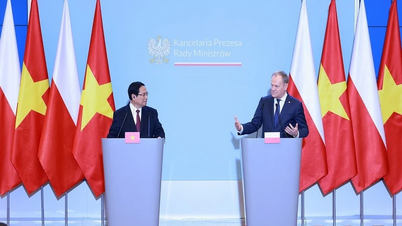

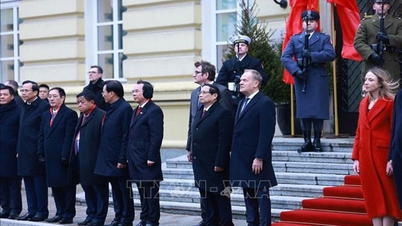

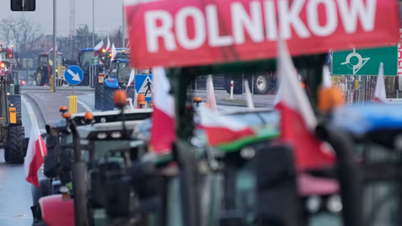
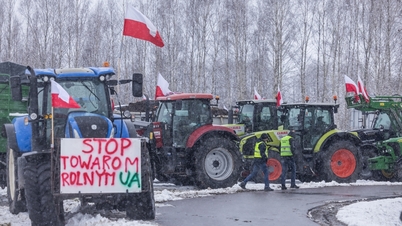

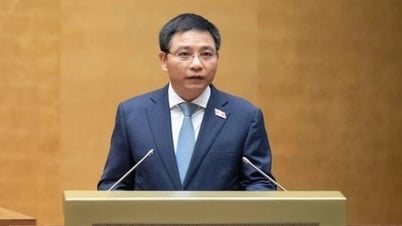
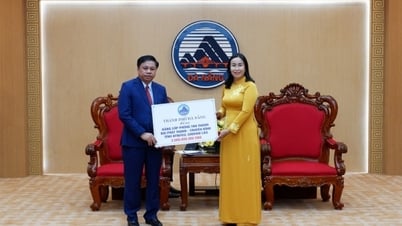
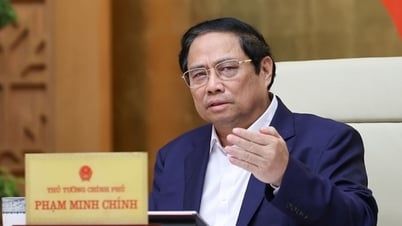

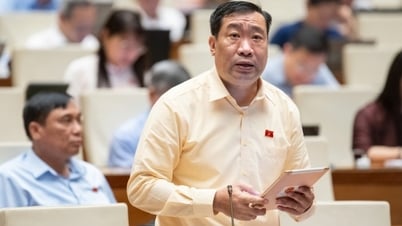
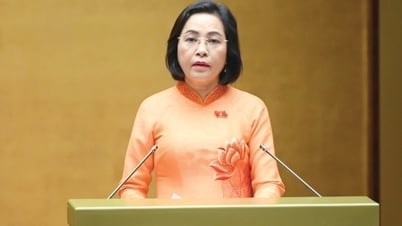










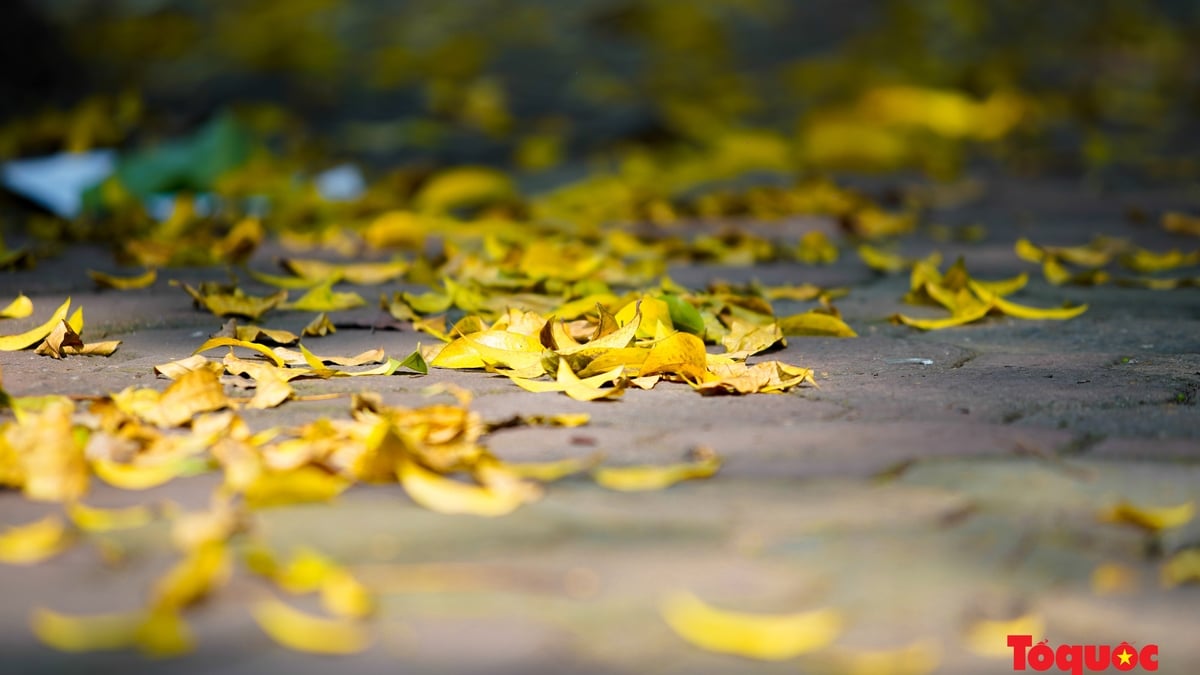





















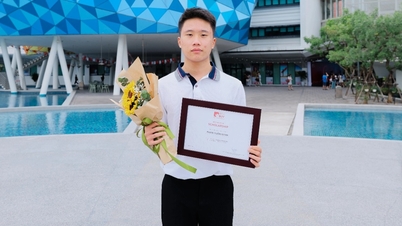






























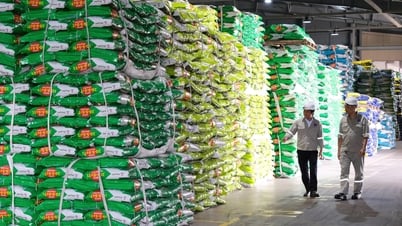

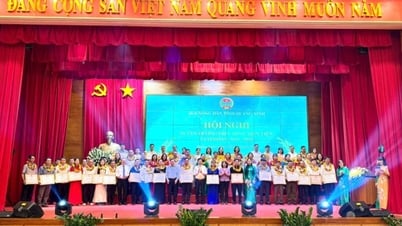

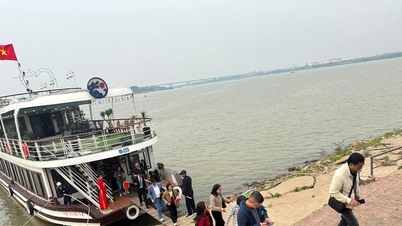

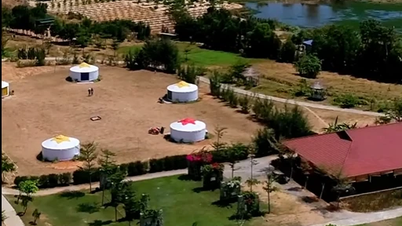
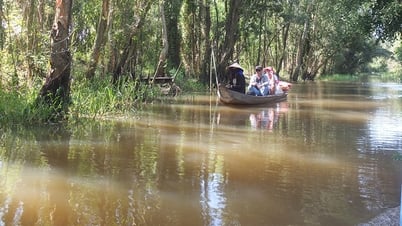










Comment (0)